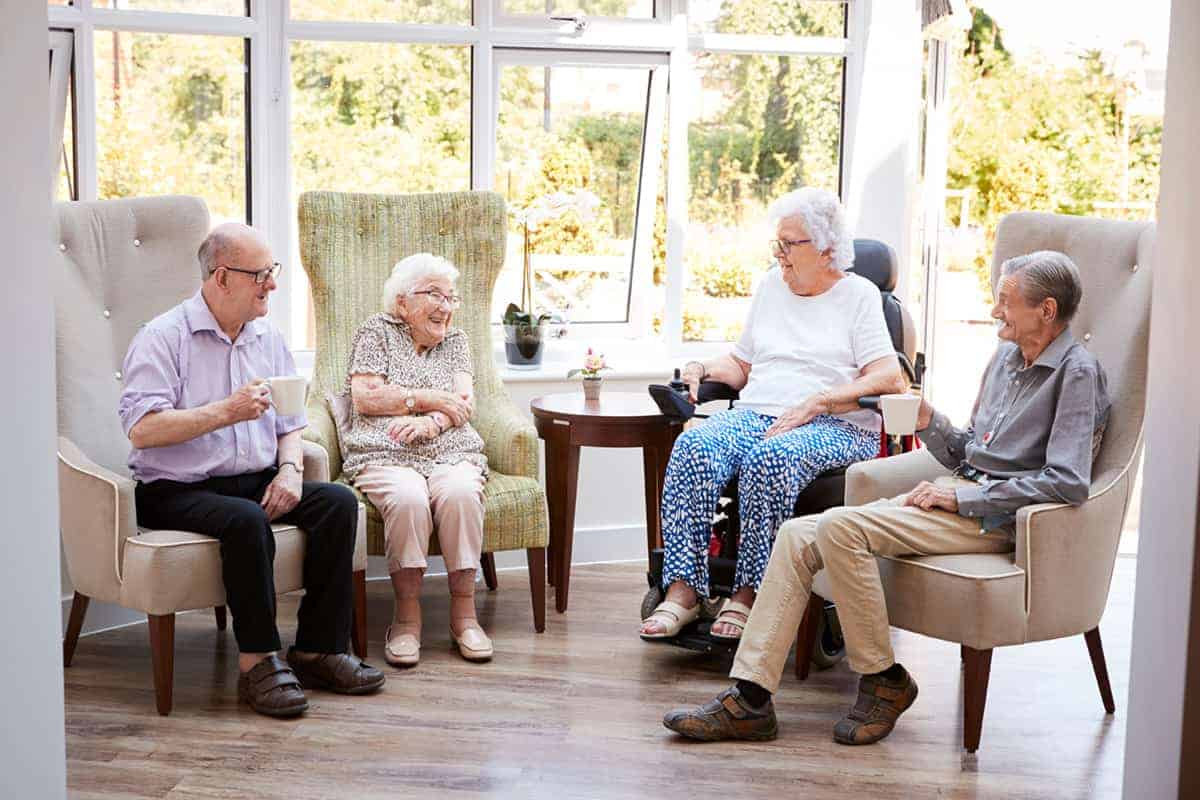
Common Senior Living Terms to Know
It is not an easy responsibility to care for an aging loved one. Changes in their abilities and needs can take an emotional toll for a number of reasons. As you try to navigate these challenging times, speaking with healthcare and nursing home professionals can be extremely frustrating. They might forget that not everyone is familiar with the senior care terminology and vernacular used in senior living communities!
How can you make an informed decision about your loved one’s care if you don’t understand the often confusing jargon?
While it is completely acceptable to ask for clarification when speaking with professionals, knowing some of the key terms ahead of time may help you to feel more relaxed and empowered as you move through these important conversations.
Glossary of Terms for Senior Living Communities
Understanding common industry terms is helpful, whether you are considering a senior living home for a loved one, or moving them from one type of care to another.
Below, you will find some of the most frequently used terms used in senior care.
Independent Living
In an independent living community, seniors live in their own residences with minimal assistance. Independent living for seniors can look like apartments, villas, or even small bungalows. Many 55 and older apartments are part of independent living communities. As part of the community, residents receive support services which can include yard care, common dining spaces, housekeeping, social activities, and more.
Catered Living
Halfway between independent living assisted living, catered living allows seniors to maintain as much of their independence as possible. This makes catered living an optimal middle step for seniors who are not yet ready for assisted living or full time care.
Assisted Living
Assisted living provides a greater level of support than independent or catered living. An assisted living facility will offer support for day to day activities, including meals, laundry, bathing, medication management, and more, all while maintaining the greatest level of independence that is safely possible.
Memory Care
Memory care facilities cater specifically to the needs of seniors with Alzheimer’s or dementia. These communities have specialized teams who can provide expert care in a safe, monitored, and enriching environment.
Skilled Nursing
Skilled nursing facilities provide 24-hour licensed nursing services. Skilled nursing senior living facilities provide services to senior residents who require frequent medical attention or nursing care, including those who may need rehabilitation.
Continuum of Care Retirement Community
If a retirement community provides “continuum of care,” that means varying levels of care are available within one community. As residents grow older and their needs increase, they are able to transition to greater levels of care with ease. For example, a senior may move from independent living to catered living within one campus.
Palliative Care
Palliative care focuses on pain relief and the prevention of chronic suffering. Palliative care is often part of hospice care.
Respite Care
Respite care aims to reduce caregiver stress, whether in a senior’s home or at a senior living community. A skilled caregiver takes care of the senior while their usual caregiver is away.
Hospice Care
Hospice care is for terminally ill seniors who are expected to live fewer than six months. Hospice care focuses on the holistic needs of the patient, including spiritual, emotional, mental, and physical needs, with the goal of creating the best quality of life possible during the final stages of life.
Aging in Place
Aging in place means a senior is remaining where they are, whether home or in a senior living community, as their needs change or increase. To support aging in place, familiar environments are often adapted to accommodate needs as they emerge.
Copeland Oaks Senior Living Blog
Have more questions about senior living facilities and caring for an aging loved one?
Check out the Copeland Oaks blog, where we write about senior living, care tips, and provide guidance for caretakers, family members, and loved ones.
